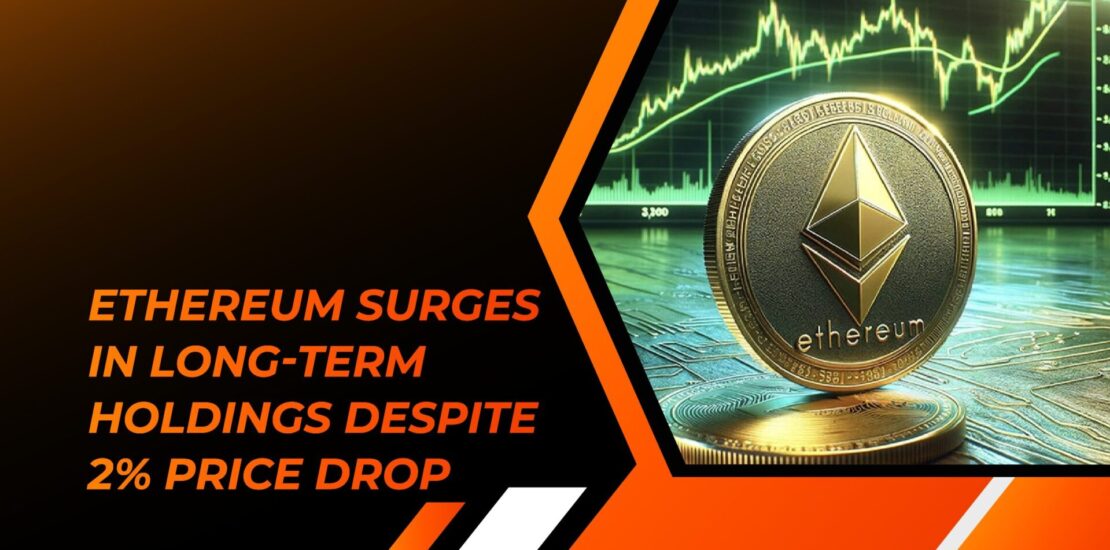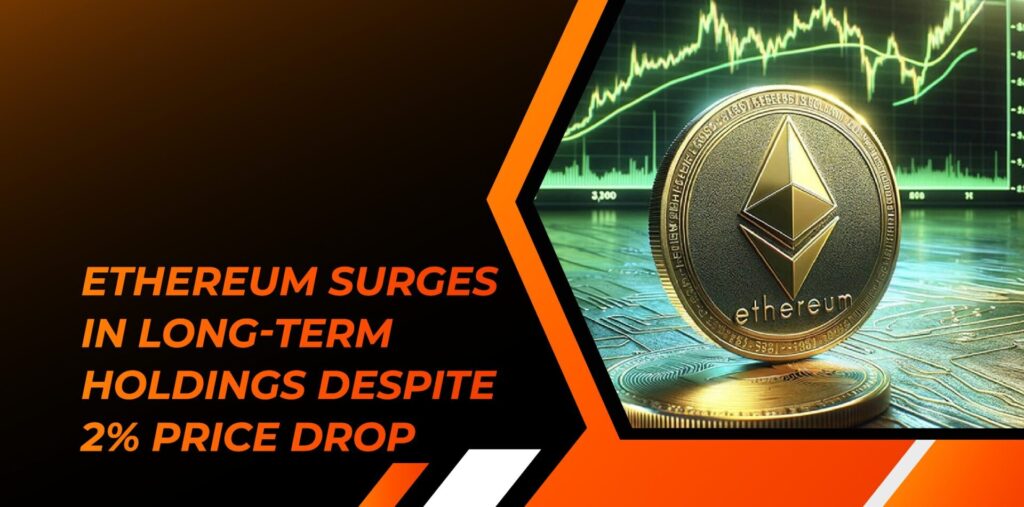- June 15, 2024
- Posted by: [email protected]
- Category:


Ethereum (ETH), the native cryptocurrency of the Ethereum network, has witnessed a substantial increase in long-term holder accumulation, even as its price dipped by 2% within a 24-hour period. Julio Moreno, head of research at CryptoQuant, underscored this surge in demand in a recent post on X, revealing that buying activity by long-term holders has reached the second-highest level on record.
On June 12, accumulation addresses purchased approximately 298,000 Ethereum tokens, amounting to about $1.34 billion. This volume was only 6% lower than the previous record set on September 11, 2023, when long-term holders bought 317,000 ETH as its price dipped below $1,600. This significant demand spike coincides with an 8.49% price decline over the past week.
Despite a brief drop below $3,800 on June 8, Ethereum has maintained a price above $3,400, according to CoinMarketCap data. As of the latest update, Ethereum is trading at $3,500, a level that has historically served as a strong resistance point for Ether bulls.
In addition to market movements, regulatory developments are also influencing Ethereum’s dynamics. Gary Gensler, chair of the United States Securities and Exchange Commission (SEC), hinted at the possible approval of spot Ether exchange-traded funds (ETFs) by the end of September. During a Senate Banking Committee hearing, Gensler mentioned that the SEC might grant final approvals for listing and trading shares of spot Ethereum ETFs within the next three months.
The SEC had already given preliminary regulatory approval for spot Ethereum ETFs on May 23, endorsing 19b-4 filings from eight applicants. However, trading can only commence once the S-1 registration statements are also approved. Industry experts suggest that the approval of spot ETH ETFs would confirm Ether’s status as a non-security.
Bloomberg ETF analyst James Seyffart noted that the approval of these commodity-based trust shares indicates the SEC’s recognition of Ethereum as a non-security. This classification could potentially extend to other tokens, solidifying their status as commodities. Digital asset lawyer Justin Browder echoed this sentiment, stating that if Ethereum ETFs receive S-1 approval, it would definitively affirm that ETH is not a security. Adam Cochran, a partner at venture capital firm Cinneamhain Ventures, argued that this reasoning could apply to tokens from other projects as well.
On May 23, the SEC officially approved 19b-4 applications from major firms like VanEck, BlackRock, Fidelity, Grayscale, Franklin Templeton, ARK 21Shares, Invesco Galaxy, and Bitwise for issuing spot Ethereum ETFs. Notably, several ETF issuers chose to exclude staking from their final amendments, reflecting a cautious approach to regulatory compliance and market acceptance.
The growing interest in spot Ethereum ETFs underscores the broader acceptance and institutional interest in Ethereum. This regulatory progress is likely to enhance investor confidence and contribute to the further maturation of the cryptocurrency market. As the debate over the classification of digital assets continues, the anticipated approval of spot Ethereum ETFs could mark a significant milestone in the evolution of the cryptocurrency ecosystem.



